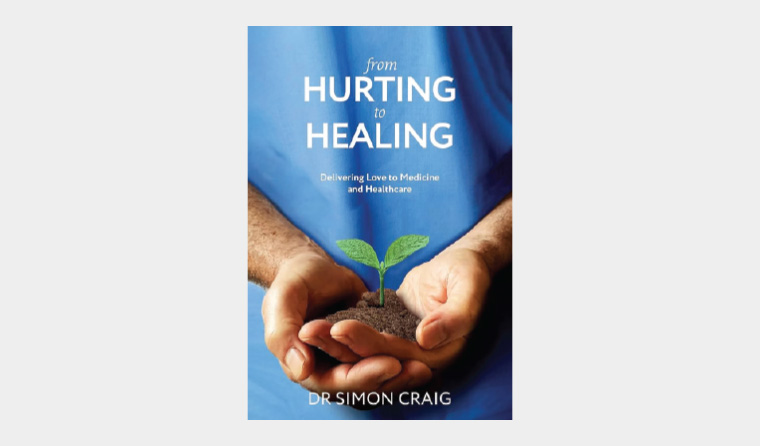Author: Simon Craig
Melbourne, Vic: Hambone Publishing, 2023
Paperback ISBN 9781922357526

In this gentle and poignant description of Australia’s hospital culture, Dr Simon Craig outlines the contributors to ‘toxic-culture’ in hospitals and an approach to completely rethink and reshape their governance.
Simon Craig is an Australian born and trained obstetrician and gynaecologist who has led hospital departments and has a Master of Positive Psychology. With his medical and leadership experience, he reflects on his love of working in Australian hospitals but, without rose-tinted glasses, outlines issues regarding health force burnout, the effects of toxic work culture on patients and staff, and difficulties in hospital administration and leadership. Simon challenges how we measure the success of a hospital – is it as simple as budgets and patient throughput or could we look at more? Could we measure happiness of staff and the hospital’s role in the wider community?
After outlining the issues, the majority of From hurting to healing focuses on positive solutions for improving hospital culture, staff wellbeing and healthcare delivered to patients. Simon looks at human factors, relationships and communication. He shares ideas to address systemic issues and attitudes that occur through all stages of training, starting in medical school. There is a strong focus on good leadership qualities and well-functioning teams. This book will certainly be enjoyed by sports fans as it is filled with good stories of team building, coaching and famous successes that are related back to the way we coach and work in medical teams.
Looking at the human aspect of this book, it is clear to see that Simon is sharing wisdom that has come from experience and deep reflection. It is optimistic and visionary, in contrast to much of what we read of our health system today. Perhaps with my general practitioner hat on, I have an interest in the author’s personal story and would have liked to read even more about his journey.
From a general practice perspective, there are plenty of lessons regarding governance that can be related to running a clinic. I would be interested to see Simon apply his lens to the relationships between hospitals and primary care, which can often be negative and disjointed. Poor local hospital function can affect healthcare and staff wellbeing in the community, and vice versa. Poor views of general practice within a hospital, although often inaccurate, can affect medical students considering a career in family medicine. There is room for other authors and commentators to consider positive psychology in the structure of the health system at a government level.
By incorporating personal anecdotes and on-point quotations and referencing international studies, this book is very easy to read and enjoy.
Simon Craig’s work is well referenced and written. The book is structured into easily digestible sections within each chapter, so it can be read a few pages at a time. I don’t often make it to the end of non-fiction books but I am glad I read this book. It gave me plenty to reflect on and quotes I will likely revisit.